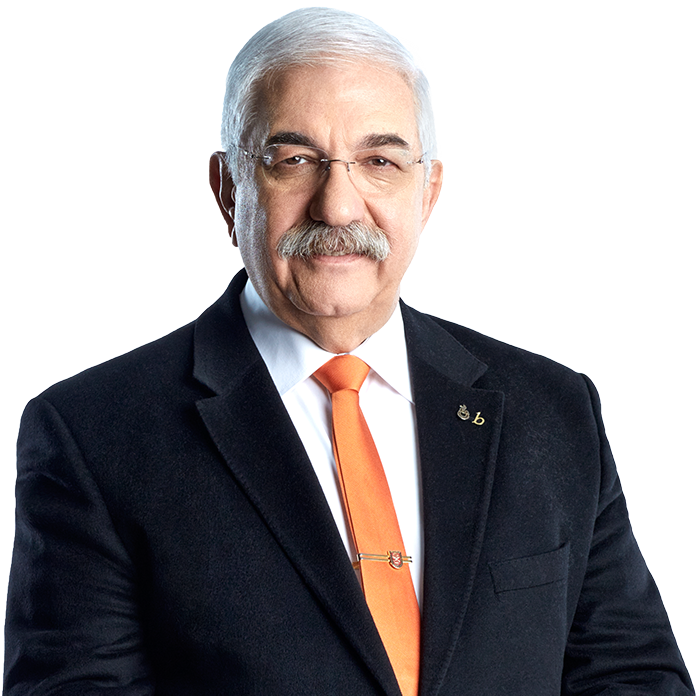As of Monday morning in Germany at 8.45 a.m. local time, Social Democratic Party Chancellor candidate Olaf Scholz made a victory speech at the party’s election center, thanking his acolytes and the people of Germany...
After scooping up a glorious win against the Union parties, which suffered their worst election fate since 1949, this is a summary of how Scholz’s speech went:
First and foremost, he repeated the party’s main strategy wherein they consolidated key points of the pre-election political communication process. Furthermore, he underscored that Germany was at a fork in the road. In German, one calls the intersection where train tracks meet “ die Schere” (the scissors). Stating that “voters gave us three tasks to achieve at this fork in the road,” Scholz went on to elaborate on the three strategic targets (not hundreds, just three) of his party’s pledges:
1. The goal to achieve mutual respect. There are claims that a 1.5 percent faction of Germany owns 90 percent of the country’s total wealth, and that this is none other than an indicator of “disrespect”...
2. Modernized industrialization... It might seem like it from the outside, but claims state that the heavy industry systems and energy policies of Germany, which is considered the motherland of high and modern technology, are extremely outdated and unfruitful.
3. The battle against global warming and climate change... His pledge for sustainability played an important role in the eyes of the voters... Highlighting that actualizing his pledges on this subject is one of his top three priorities, Scholz said that voters had given them the task of forming a trilateral coalition with the Freedom Democratic Party (FDP) and the Greens (Die Grünen) which have both increased their electoral base similar to the SPD.
As I’ve said before, it is most likely that, under the leadership of Scholz, the government will form the Ampelkoalition (traffic light coalition), which is the most positive governing formula when we think of it in terms of Turkey-Germany relations.
On the other hand, chancellor candidate for the Union parties Christian Democrat Armin Laschet (Contrary to the American system, the same individual does not become party chair and lead the government) dreams, with reference to the Jamaican flag, of a unity consisting of Black (Union), Green (Die Grünen) and Yellow (Freedom Democratic Party). He’s hoping that he can convince the two other parties...
Knowing very well that unions sans principles are doomed to fail, the Germans are not betting their money on Laschet, who allegedly caused the Union parties' votes to drop to 24 percent, which was formerly around 37 percent in the days before the elections when he became candidate for chancellor.
Polling firms are the other winners of the German elections... This time around, they predicted the results with almost a 0 percent margin error. Because they’re not split in half between pro-government and opposition with a watermelon effect, and they don’t distort the results in favor of the groups they support, their reputation has only further solidified.
Another victor is the media organs that don’t blindly support the opposition or the government, but, instead, take a stance that is independent and impartial, or rather in favor of the national will.
Once again, it was revealed that social media possesses no manipulative effect when it comes to political choice, because it has no reputability or credibility...
The German elections have a lot to teach us... I can’t but help but wonder; is that why Turkish media, apart from the rare few, didn’t give it the attention it deserves?




















